
NPK 13-40-13 is a premium fertilizer that dissolves in water and provides vital nutrients to plants for increased growth and yield. This fertilizer encourages robust root development, colorful blooming, and enhanced fruit quality. Its nutritional content is 13% nitrogen, 40% phosphorus, and 13% potassium. NPK 13-40-13 guarantees that plants receive the proper balance of nutrients during crucial growth stages and is perfect for a range of crops, including fruits, vegetables, flowers, and field crops. It may be used in hydroponics, foliar feeding, and soil application due to its adaptability. NPK 13-40-13 is the ideal option for farmers and gardeners who want to maximize their harvests. It will result in higher crop yields and healthier plants.
Dose of NPK (13-40-13)
Foliar Application : 20 gm - 30 gm / 15 Liters of Water.
( Spray on both sides of the Leaves for optimal usage )
Drip Irrigation : 1.5 kg - 2.5 kg / acre
Benefits of NPK (13-40-13)
- Maintains NPK nutrient balance.
- Instant uptake of nutrients by plants.
- Prompts root & shoot development.
- Contains Mg, Zn, Fe, Co, Mn, B, Mo.
- Being acidic helps in maintaining drippers free of salts in drip irrigation system.
- It is a mixed grade with 1:3:1 ratio.
- It promotes crop growth by stimulating new root development.
- It reduces flower drop, increases fruit setting and increases yield and quality of the produce
- Useful at early flowering, early fruit formation and fruit development stages, where the requirement of crops for P is more along with less of N and K.
Crops
Used for fruits, flowers, vegetables, cereals, pulses, cotton, cane & tea.


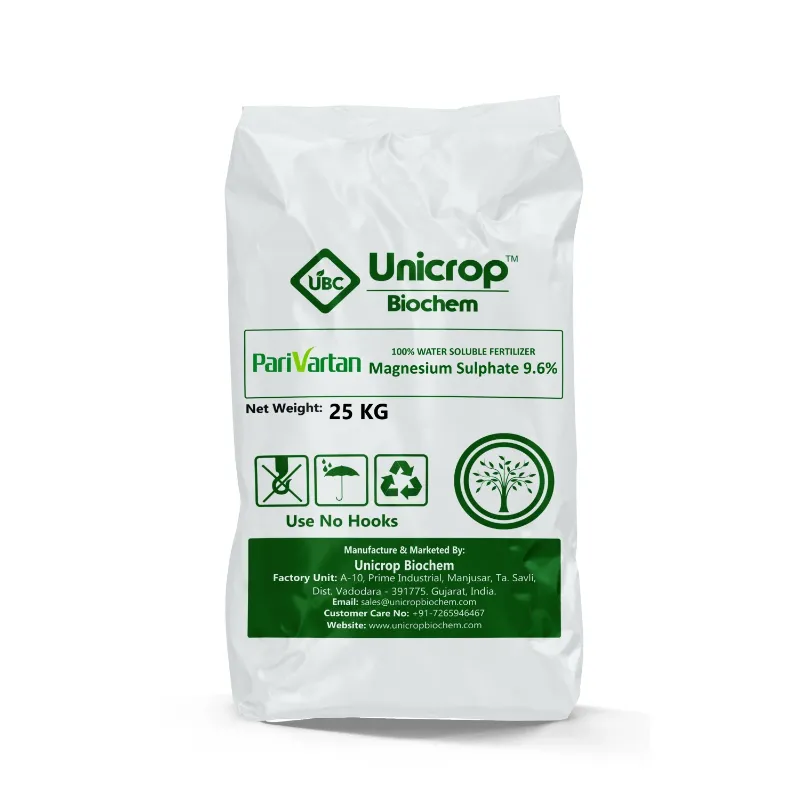

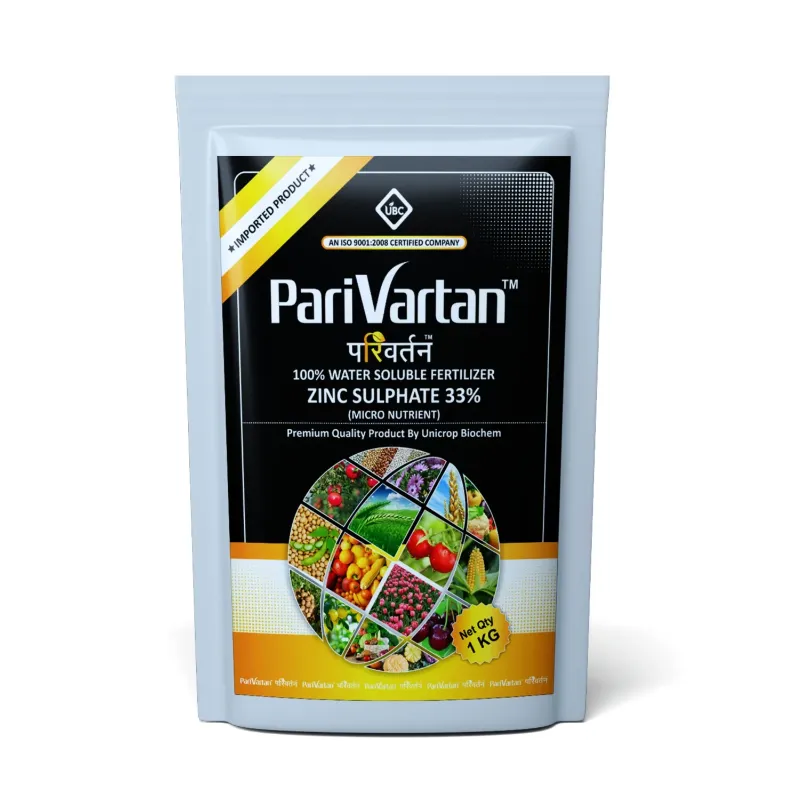

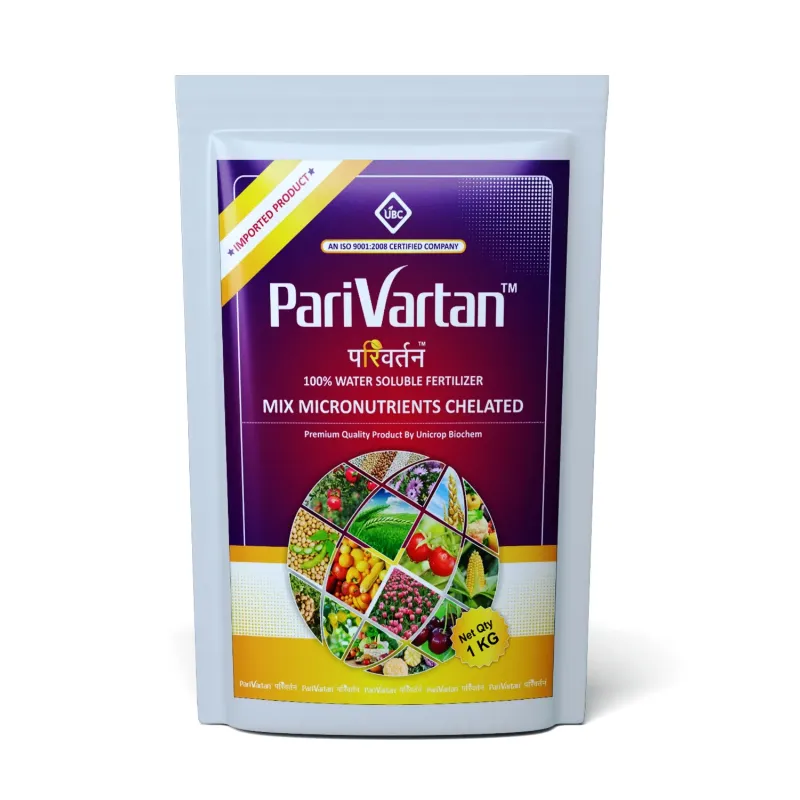

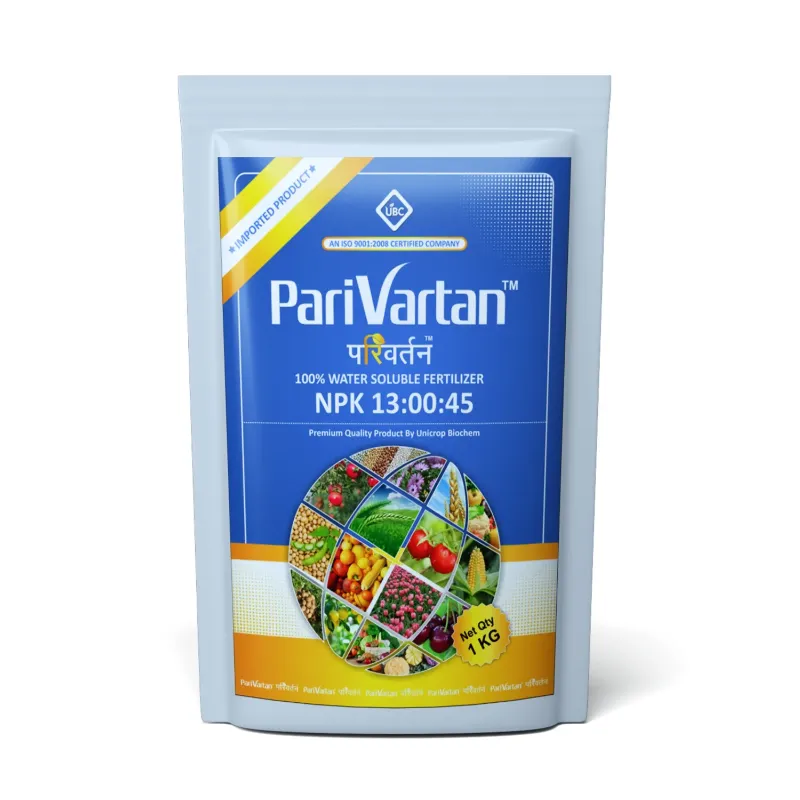
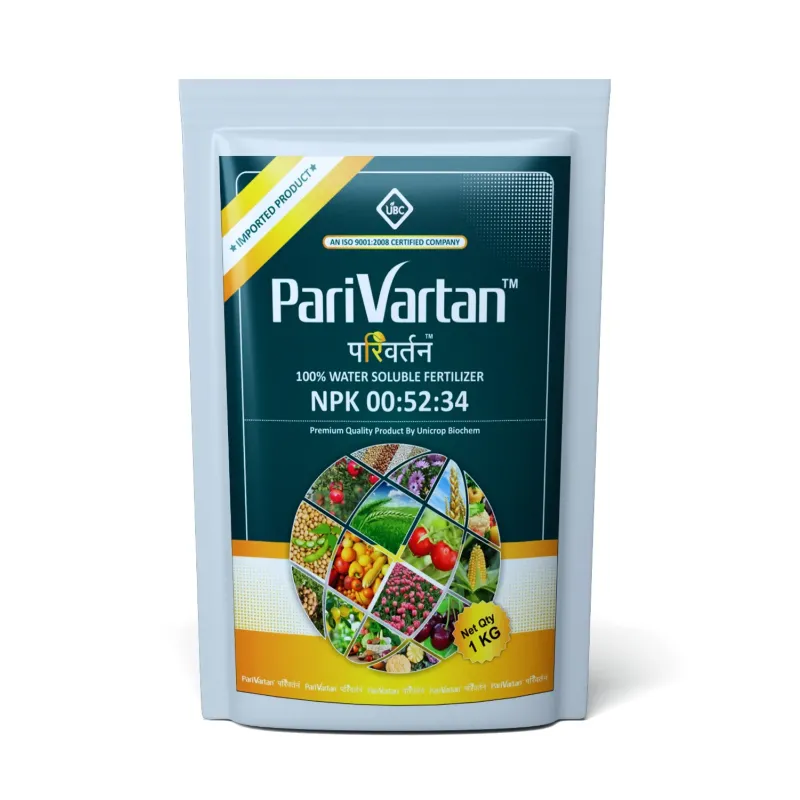



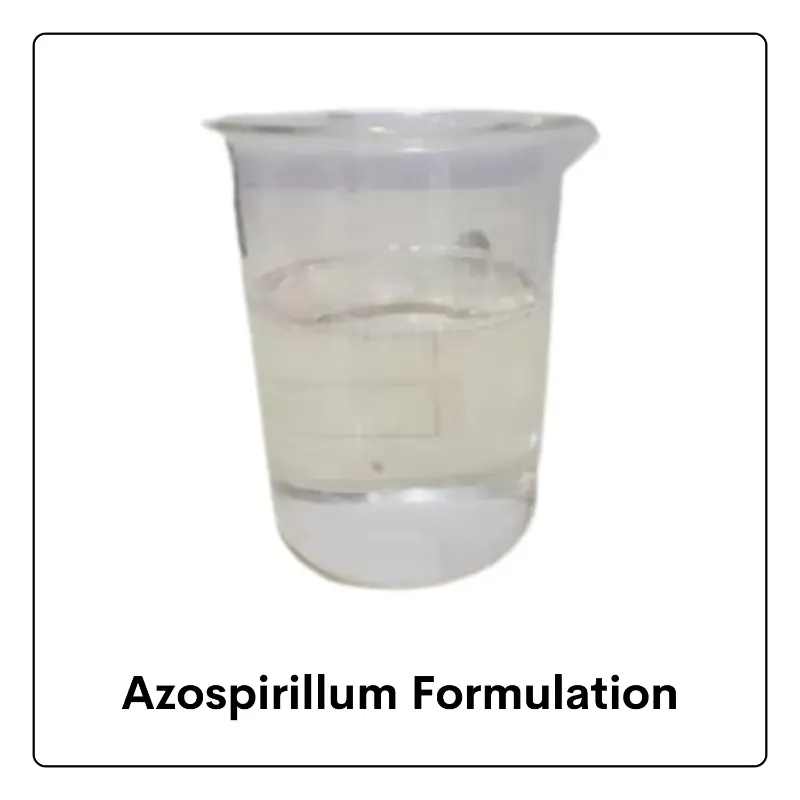
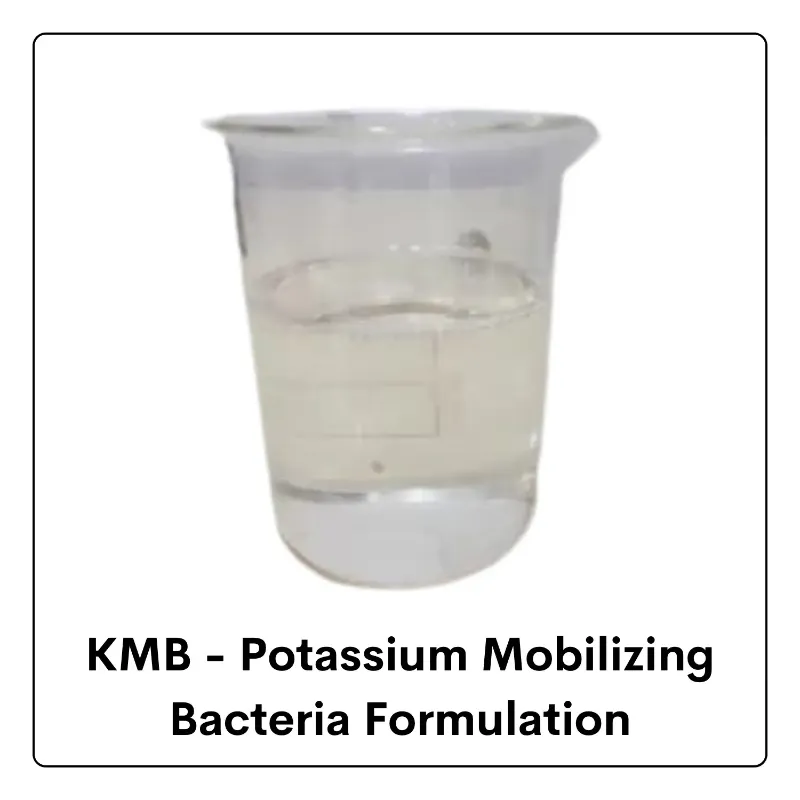

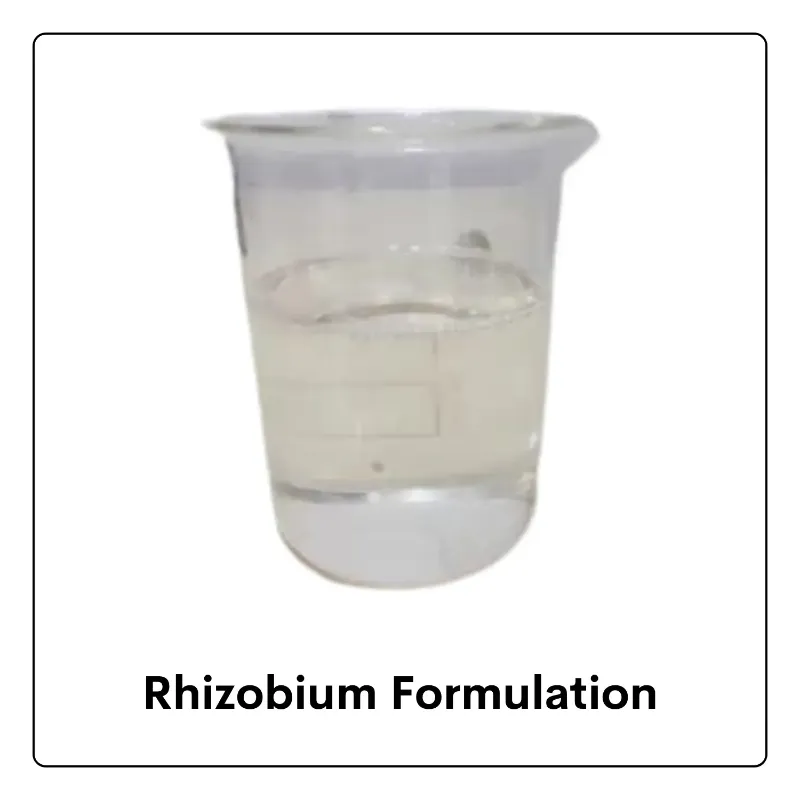
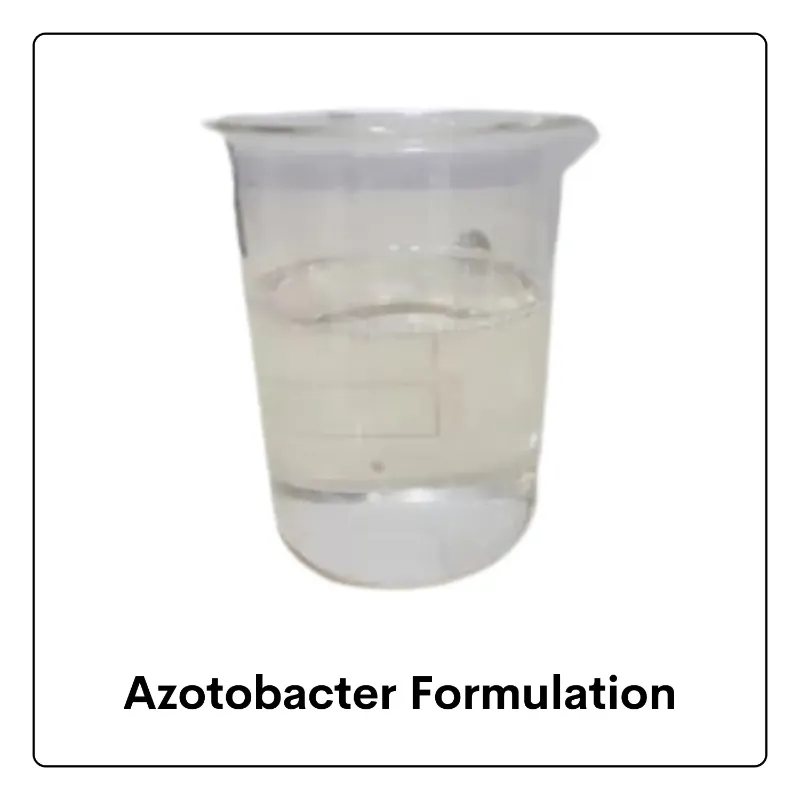



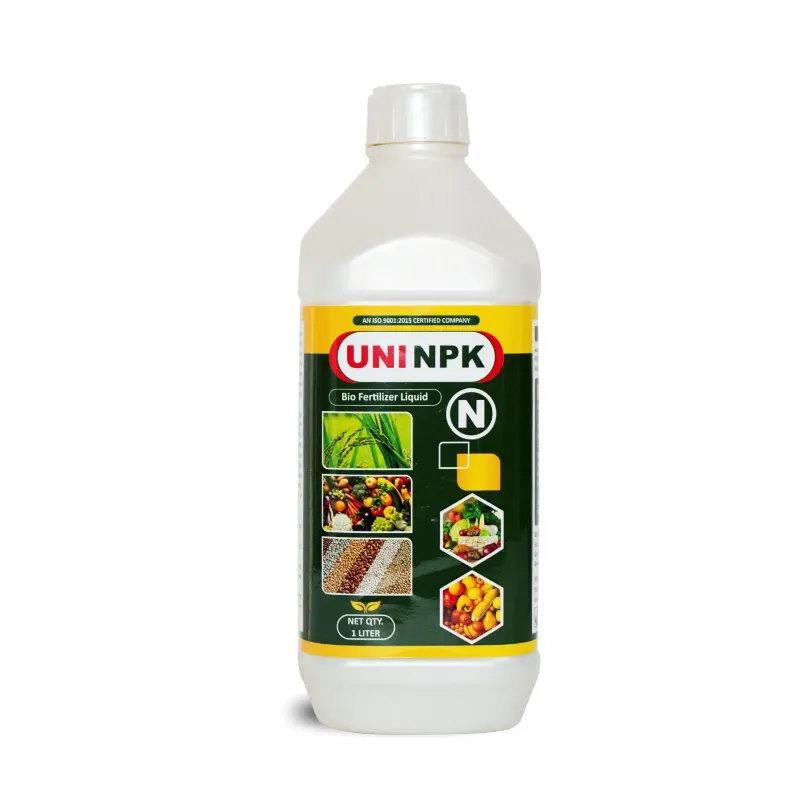

Login To Comment